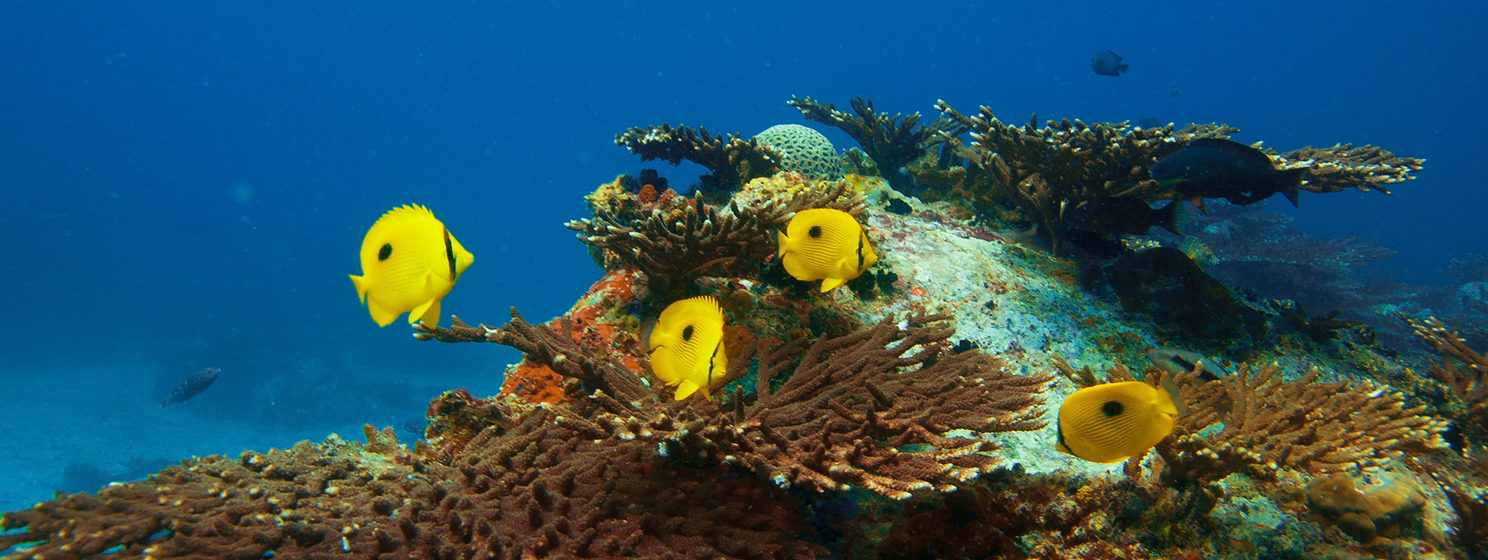|
Getting your Trinity Audio player ready...
|
Authorities in Zanzibar have introduced a new digital payment system for tourists visiting its Marine Conservation Areas as part of efforts to digitize the processes.
- Zanzibar’s digital payment-collection system
- Digitalizing tourism
- Lufthansa pilots mobile-based ID system
- Aviation embraces technology
According to a report by the United Nations Development Programme (UNDP), Zanzibar’s new digital fee-collection system will allow tourists to pay entrance fees using different payment methods. Visitors to the Marine Conservation Areas can make payments using digital wallets and credit cards as authorities pivot from cash-based transactions.
The digital payment system is supported by the UNDP’s Biodiversity Finance Initiative, designed to conserve the ecological diversity of Zanzibar’s water parks.
Amid the introduction of the new digital payment system, authorities have revealed increased tourist fees for its Marine Conservation Areas. The fee hike is nearly triple the previous fees payable by visitors to the marine park, which authorities say forms part of efforts to improve the ecosystem.
Before the increase, Zanzibar park entry fees were the lowest in the region at $3. Authorities say the hike is intended to bring fees to a competitive level and raise additional funds to power conservation efforts.
Apart from environmental conservation, rising operational and management costs have forced the hand of regulators to increase tourist fees. Aboud Jumbe, principal secretary of the Ministry of Tourism and Heritage, disclosed that the fee hike will lead to Zanzibar raising nearly $4.5 million from its water parks.
“Before the onset of the UNDP BIOFIN program, Zanzibar was collecting about $1.3 million per year from marine park fees – we’re now projecting around $4.3 million annually,” said Jumbe.
About 45% of the funds will be earmarked for conservation efforts, particularly artificial coral reef planting and patrol activities. 30% will support local communities and fisheries committees, while 25% of the fund will be allocated to the national treasury.
Tourism industry embraces digitization
While the finance industry appears to be the fastest adopter of emerging technologies, key players in tourism are embracing the tide of change. In Thailand, regulators have revealed plans for a digital asset payment sandbox for tourism designed to allow tourists to swap their digital assets for local fiat seamlessly.
Meanwhile, South Korea’s Jeju Island is turning to non-fungible token (NFT)-based cards for tourists, offering a range of benefits. Other jurisdictions are leaning on metaverse, VR/AR, and Internet of Things (IoT) technologies to improve tourist experiences while eyeing enhanced revenues.
Lufthansa tests EU digital ID wallet-based check-ins for travellers
German airline Lufthansa has announced that it is piloting the use of a mobile phone-based ID system to speed up the boarding times of passengers in European airports.
Lufthansa has teamed up with IT supplier Amadeus to roll out the offering, leaning on the European Digital Identity Wallet (EUID). Upon full launch, travellers must show digital credentials on their mobile phones through the various boarding stages, sidestepping the requirement of paper-based documents.At the tail end of 2023, EU member states agreed on the EUID to allow residents to identify themselves with digital IDs. Set for full rollout in 2026, EU residents can store credentials like national IDs, driver’s licenses, and biometric data on the mobile app.
While several sectors are testing the waters for full rollout, Lufthansa and Amadeus are pioneering the EUID utility in the airline industry. Lufthansa is an active participant of the EU Digital Wallet Consortium (EWC), and its partnership with Amadeus is considered an extension of their long-running relationship.
“We saw the need to become more aware of these activities and then started to participate in test runs and trials, to prepare for when these documents arrive and allow our customers to use them,” said Lufthansa executive Patrick Sgueglia.
Regarding operation, Lufthansa and Amadeus’ solution will automatically glean data from mobile wallets, removing the need for passport swipes and manual checks. Furthermore, Sgueglia disclosed that the digital ID wallet-based check-in has shown marked improvements over swipe machines that are typically error-prone.
In terms of biometric ID, Lufthansa and Amadeus are piloting a solution using the EUID to enable travellers to pass through a raft of touch points seamlessly. The solution will eliminate the need for travellers to take a selfie for biometrics and will involve users opting to share their biometric IDs at necessary touch points.
“With facial recognition technology being installed at airports, the border, cruise terminals and even hotels, it won’t be long before travellers can breeze through every step in their journey without the need to present a passport or other documents,” said Rudy Daniello, Executive VP of AirOps at Amadeus.
Airlines at the heart of innovation
The aviation industry is surging ahead to embrace emerging technologies, with Saudia Airlines leveraging Amadeus Nexus for improved passenger booking systems. Etihad Airways, the national carrier of the UAE, has announced the integration of artificial intelligence (AI) into its flight safety protocols.
On the regulatory side, the Nigerian Civil Aviation Authority is turning to blockchain technology for passenger identity management and luggage tracking. Meanwhile, countries like the U.S. and Vietnam are pursuing bilateral ties to improve their local aviation sectors with next-gen technologies at the forefront.
Watch | Cut Costs & Streamline Payments: The Case for Stablecoins

 02-18-2026
02-18-2026 




